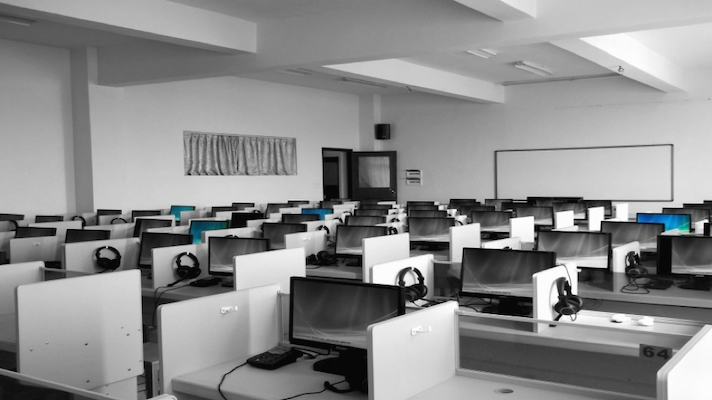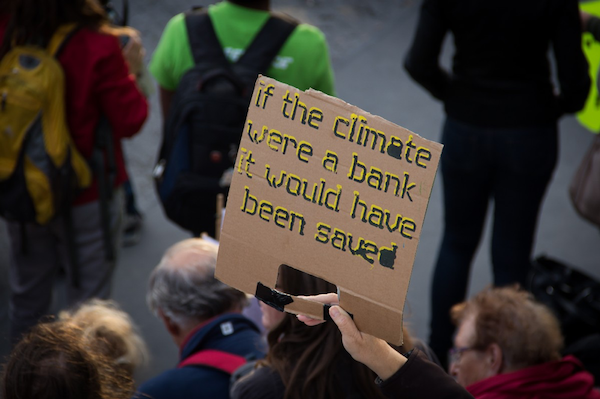
In a hyper-mediated society, dominated by a culture of consumption and celebrity, the need for people to produce and project their “authentic” selves have gained new urgency. Whether on dating applications, on social media platforms, in college applications, or in professional settings, the crafting and presentation of “authentic” selves has become integral to today’s economy.
Importantly, this increasing focus on crafting such selves coincides with the parallel development of what the sociologist Arlie Hochschild referred to in 2012 as the “outsourcing of self”—or the hiring of others to perform what are usually thought to be “personal” and “intimate” acts.
Continue Reading…



